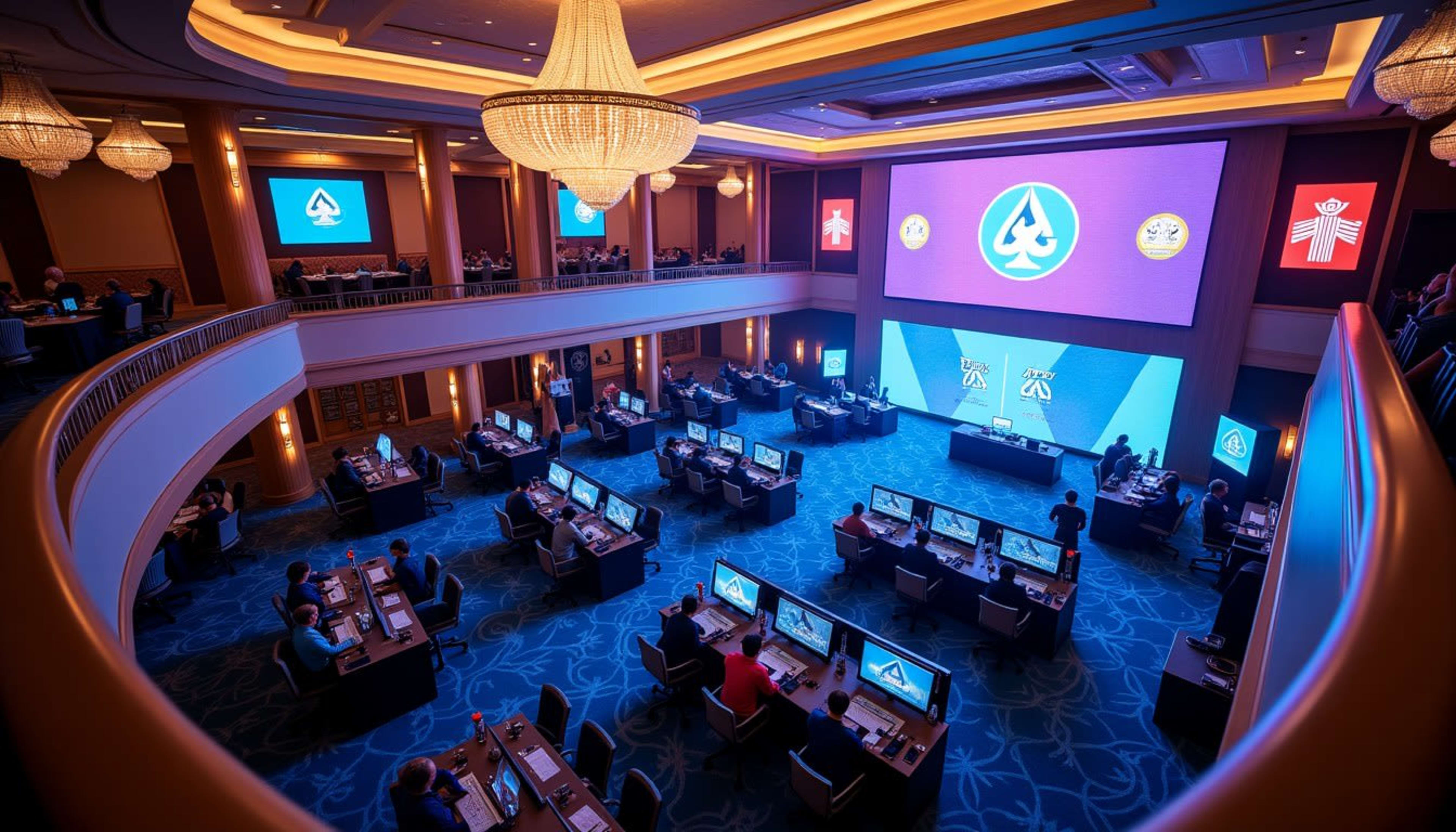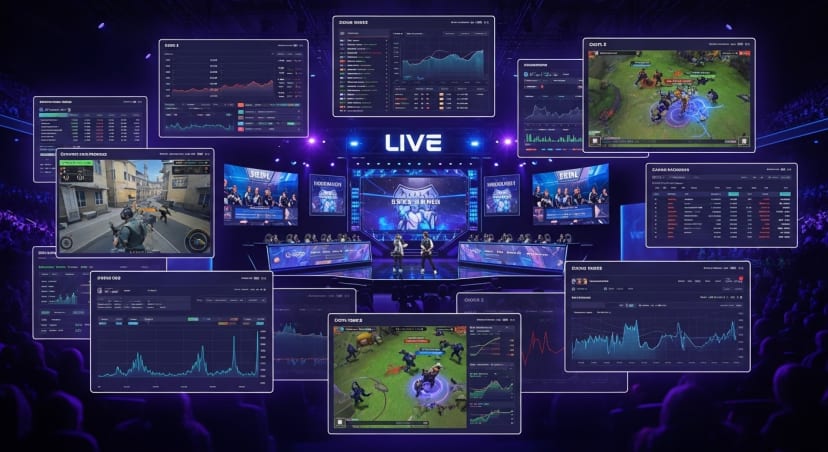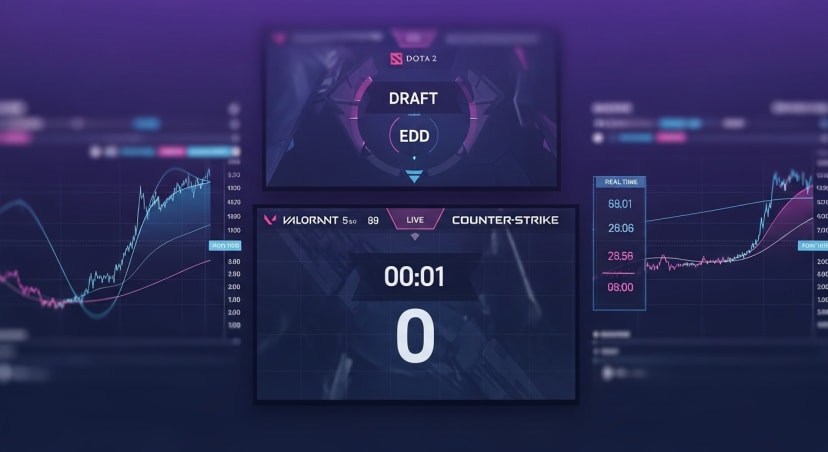Esports Boom: Billion-Dollar Growth Amid Challenges

Recommended casinos
Esports has grown from modest tournaments in the 1980s into a global phenomenon drawing millions of viewers and generating billion-dollar revenues. Record-setting events have highlighted the excitement of competitive gaming, yet the rapid expansion has also exposed significant labor and regulatory challenges.
Key Takeaways
- Esports tournaments now attract both massive live audiences and millions of online viewers.
- The industry’s exponential revenue growth coexists with persistent issues surrounding freelance labor and regulatory oversight.
- Unique market dynamics, including developer-controlled game titles and specialized betting platforms, continue to shape esports.
Record-breaking Competitions and Historical Trends
Esports competitions have come a long way since the 1980s. The League of Legends World Championship final in 2024, which attracted approximately 14,500 attendees and reached a record peak of 6.9 million online viewers, illustrates the electrifying atmosphere that these events create. Fans looking to trace the roots and evolution of these diverse game titles can learn more through esports genres. Additionally, the continued success and influence of top competitors are well represented in best esports teams.
Economic Impact and Industry Revenue
The esports industry generated over $1 billion in revenue by 2019, and projections suggest this figure will nearly double to $1.9 billion by 2030. This economic growth supports a flourishing ecosystem, part of which includes online betting markets. Many stakeholders are tapping into this trend, as seen by esports enthusiasts, which underscores the increasingly diverse revenue streams across the industry.
Labor and Regulatory Concerns
Behind the glitz and growing revenue numbers, esports relies heavily on freelance labor, often without comprehensive regulatory oversight. Worker exploitation and abusive contracts are common issues that have led to serious concerns about fair labor practices. After a notable player walkout in 2023, the LCSPA secured extra funding for amateur teams—a move that reflects the urgent demand for improved working conditions. A critical re-examination of industry practices points to the need for US regulators to consider classifying esports players as employees, ensuring greater protections for a rapidly expanding workforce.
Game Control Dynamics and Betting Landscape
Unlike traditional sports, the control over esports game titles remains firmly with their developers, creating a distinct competitive environment both on and off the digital arena. This centralized control has helped shape specialized betting markets. For example, fans seeking an edge in digital wagering might explore esports bonuses and gain comprehensive insight into competitive Valorant. Moreover, many enthusiasts have turned towards leading League of Legends betting sites to enhance their viewing experience, while others find that dynamic Valorant betting odds provide key information for successful wagers.
Embracing both the thrill of competition and the challenges of a rapidly evolving industry, esports remains a dynamic field where record-breaking events and innovative market strategies continue to capture the global imagination.








